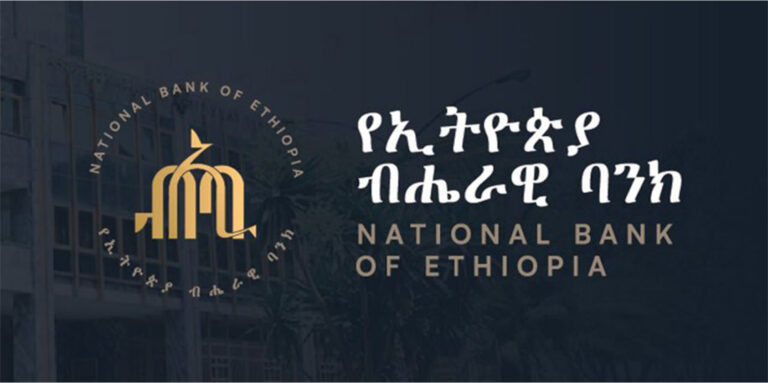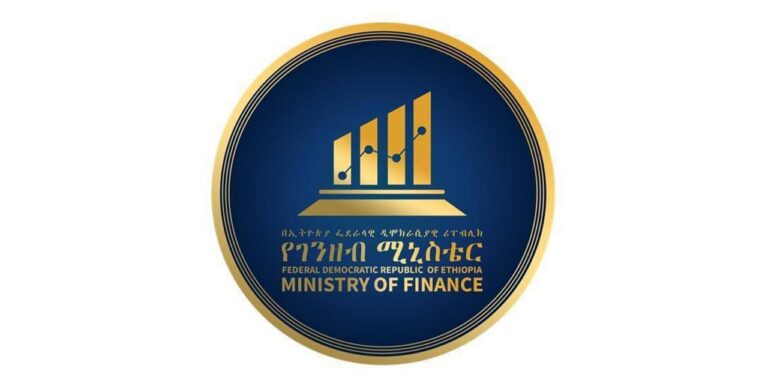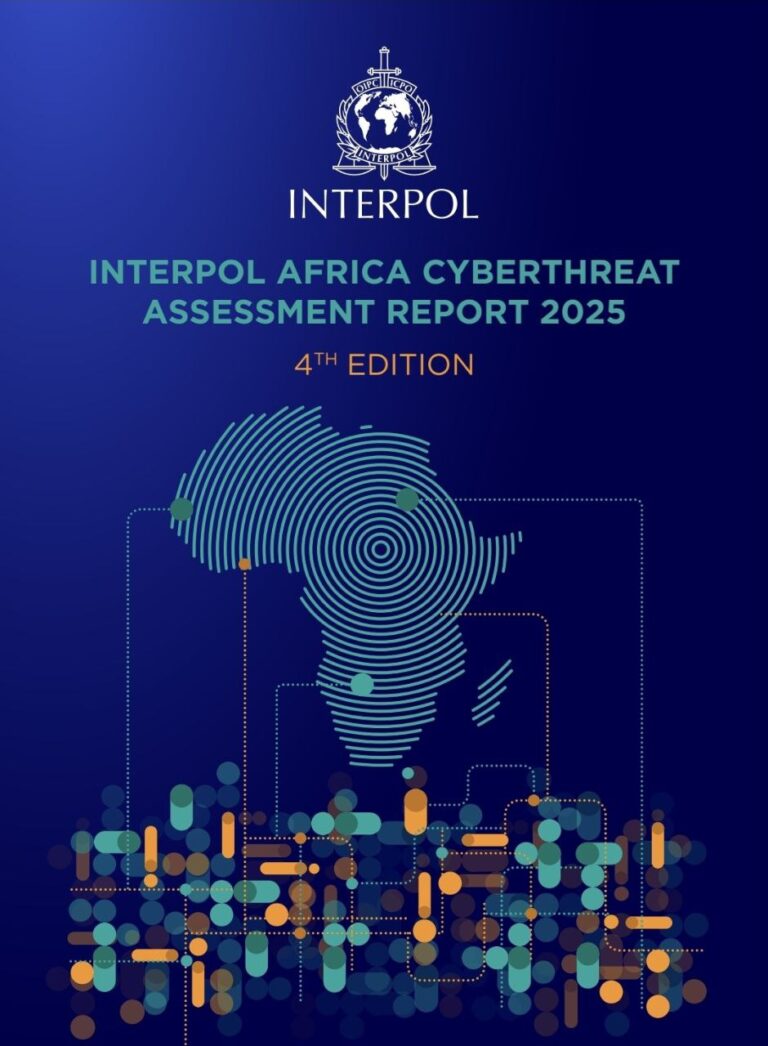The National Bank of Ethiopia’s (NBE) Monetary Policy Committee (MPC) is scheduled to meet early this week, with high expectations for a significant decision that could impact the economy.
The MPC was established following an amendment to the NBE proclamation at the end of 2023, which mandated its formation. After its inaugural meeting in December 2023 and a subsequent quarterly meeting in June, the committee will convene again at the end of the first quarter of the current fiscal year, which closes on Tuesday, September 30.
This upcoming meeting, the MPC’s fourth, will be chaired by Eyob Tekalegn, the newly appointed NBE Governor, and is anticipated to introduce measures aimed at stimulating the economy.
One key decision expected from this meeting is the removal of the 18 percent cap on bank credit growth, one of the last remaining direct monetary policy instruments. This cap was initially set at 14 percent at the beginning of the 2023/24 budget year as part of a series of direct interventions to address inflation.
The MPC raised the cap to 18 percent during its first meeting in December 2023. In its third meeting, the committee eased controls by repealing a directive that required commercial banks to purchase Treasury bonds equivalent to 20 percent of every loan disbursement.
The private sector, including financial institutions and newly established banks, has consistently voiced concerns that the credit cap has hindered their operations. Consequently, removing it is expected to alleviate some of these constraints.
However, this potential move raises concerns among economic experts and market participants. They caution that lifting the cap could lead to an increase in the money supply, potentially driving inflation higher.
Some members of the business community, particularly those reliant on imports, welcome the prospect of improved access to finance but are apprehensive about a surge in demand for foreign exchange.
“I fear that the demand for foreign currency will spike when banks extend more credit to their customers,” said a businessman with an economics background, adding that such an increase could exert downward pressure on the birr, leading to a higher exchange rate.
Despite these concerns, experts believe the central bank has the tools necessary to address potential challenges. The NBE has indicated its shift from traditional direct controls to conventional, market-based monetary policy instruments to combat inflation.
Recent data from the Ethiopian Statistics Service shows that inflation has slightly decreased to 13.7% as of last month. Meanwhile, the Ministry of Finance projects that inflation will drop to 11.9% by the end of the budget year in June 2026.
In a statement issued on June 30, the MPC reaffirmed its commitment to a disciplined monetary policy utilizing these market-based tools to reduce inflation to single digits while fostering economic recovery. The committee intends to carefully manage the money supply through the banking sector.
Before the third MPC meeting, Fikadu Digafe, Vice Governor and Chief Economist at the NBE, informed Capital that the bank would employ various policy instruments to ensure market stability.
The following statement clarified that although the credit growth cap is expected to be revised by September 2025, any adjustments would not inadvertently loosen monetary policy.
The NBE committed to utilizing its full range of tools, such as the policy rate, Open Market Operations, foreign exchange interventions, and adjustments to reserve requirements.
In a notable change, the NBE introduced its first-ever policy rate in July 2024, set at 15%, to transition to an interest rate-based framework. The central bank indicated that this NBE Reference Rate (NBR) would serve as its primary signaling tool for policy.
Experts predict a potential decline in this rate, pointing out that yields on Treasury bills (T-bills) have recently decreased compared to auctions prior to the start of the current budget year on July 7.
They attribute this decline to the government showing less interest in accepting high-yield offers, a change possibly linked to the suspension of Treasury bond issuances for the current budget year.
Analysts argue that the removal of the mandatory Treasury bond requirement beginning in July has significantly enhanced bank liquidity, a change that is reflected in the recent bi-weekly T-bill auctions.
This improved liquidity was underscored in an extraordinary domestic debt bulletin published by the Ministry of Finance (MoF) a few weeks ago, which reported that investor demand for T-bills surged to 159% of the amount offered.
The Ministry attributes this increase in demand to better primary market conditions following the introduction of a three-month T-bill issuance calendar at the start of the budget year.
According to the MoF’s first domestic debt bulletin, issued in early September, “The issuance calendar provides market participants with improved transparency regarding upcoming auctions, enabling better planning and fostering investor confidence.”
Since its implementation, participation and subscription rates in the market have notably improved across all T-bill tenors. In the first two months of the 2025/26 fiscal year (July and August), the government raised 111.1 billion birr through four T-bill auctions, surpassing its planned issuance of 103.4 billion birr.
In an unusual move, the government chose not to accept the full amount of funds offered by bidders, despite receiving significantly higher bids than anticipated.
The auction results also indicated a decline in yields, which experts suggest implies that potential buyers, primarily banks, are highly liquid. However, the most recent auction, scheduled for mid-last week, did not take place.
The NBE has stated that the NBR will be adjusted according to inflationary pressures and monetary conditions.
Additionally, a few months ago, the bank released a revised draft directive on reserve requirements to align with international standards.
This update introduces mechanisms such as partial reserve averaging and a lagged maintenance period to enhance interbank market efficiency and provide banks with greater flexibility in liquidity management. Under the new rules, banks must maintain a minimum of 5% of their reserve base daily in their NBE settlement account, while also achieving a monthly average reserve requirement of 7% of their deposit liabilities.






